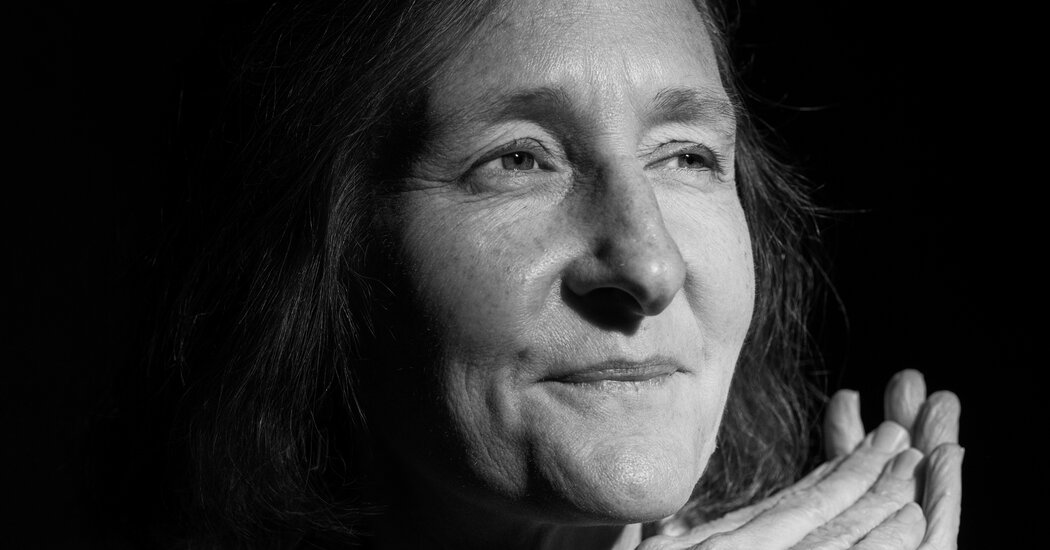
We live at a time when everything is available at every moment. Just on your phone, you can order lunch, bet on sports, read this story, watch porn, chat with a friend, chat with a stranger, chat with a large language model or buy a car. Dr. Anna Lembke says that all that convenience and abundance is making us less happy, and there is plenty of research to back her up: In the developed world, we are lonelier, more anxious and more depressed than ever.
Lembke is a psychiatrist who works at Stanford University’s Addiction Medicine Dual Diagnosis Clinic, where she sees patients dealing with all sorts of addictions, from opioids and alcohol to what she calls “digital drugs” that, she says, put us in a “trancelike state where we lose track of time.” In her best-selling book, “Dopamine Nation,” about the science behind addiction, Lembke argues that our brains are wired to constantly seek stimulation, and that modern life, with its never-ending stream of content and stuff, makes it nearly impossible to fight that urge.
At the same time, scientific breakthroughs in medical interventions and new cultural habits, like the decrease in alcohol consumption, hold some promise. My own experience reflects those recent changes. Addiction runs in my family. In 2020, my sister, who struggled with alcoholism for years, died of liver failure — something I shared with Lembke before our interview began. Her “death of despair” made me change my own behavior. After a lifetime of obesity, I started taking Ozempic, which curtailed my obsessive relationship with food. And two years ago, I stopped drinking alcohol. But while I feel physically great, losing weight and getting sober hasn’t stopped some other destructive behaviors, like online shopping, from creeping in. This is a dynamic Lembke is familiar with — both in her work and in her personal life. How to find balance in a world feeding us temptation, she says, is a struggle for us all.
You published “Dopamine Nation” in 2021 with the thesis that the overabundance of modern culture has us constantly stimulated by dopamine. And that has only accelerated since, I think. Generally speaking, have you seen things in your practice that weren’t there before?
That timeline is — and I’m going to use the word — very sobering. Yeah.
How do you define addiction? Addiction is the continued compulsive use of a substance or a behavior despite harm to self and/or others. Importantly, there is no brain scan or blood test to diagnose addiction, and there won’t be for a very long time, if ever. We still base our diagnosis on what we call phenomenology, which is patterns of behavior that repeat themselves across individuals, temperaments, cultures, time periods, etc.
